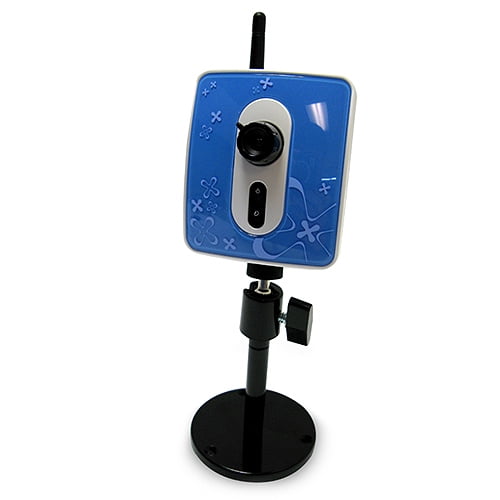
First, make sure that you change your camera’s default login credentials. The good news? It’s even easier to secure an IP camera! Really, it is-you just need to check two things. This ordeal exposes a harsh truth: unsecured IP cameras are surprisingly easy to hack. But far worse, there was also camera footage from inside the living rooms and bedrooms of private residences. The website pulled security camera footage from a variety of businesses, including malls, warehouses, and parking lots. Though the default login is supposed to be changed, in many cases-at least 73,000 cases, apparently-it was left unchanged as the default login. Most security cameras come with a default username and password. Creepy, to say the least, but the finding brought up a very important point.

In 2014, a journalist stumbled onto a website that indexed 73,000 locations with unsecured IP cameras around the world.

A camera owner can listen and speak to a subject via a speaker on the camera. Here are some additional benefits of using IP cameras over CCTV cameras: Modern compression standards like h.264 and MPEG-4 mean that there is either no drop, or just a small drop in frame rate and resolution when the footage finally reaches your phone or computer. To transmit HD images over a network, IP cameras must compress the files, or make the files smaller, to avoid consuming too much bandwidth. High-resolution images require more storage space and more bandwidth for data transmission than lower-quality images. What’s that mean? Well, the higher the camera resolution, the more data each video recording contains. Each IP camera comes equipped with a processing chip, which compresses the video footage as it is recorded. Specifically, IP cameras connect to a network video recorder (NVR) via Wi-Fi, an Ethernet cable, or USB.Īn IP camera captures footage in high definition-resolution can be as high as 16 megapixels, depending on the camera model. On the other hand, an IP security camera can transmit footage over a wireless connection. How do networked IP cameras work?Īnalog and analog-over-digital security cameras require a coaxial video cable in order to transmit footage to a digital video recorder (DVR). IP cameras connect to a network in the same way that phones and computers do so. Unlike analog closed-circuit television cameras (CCTV), IP cameras do not require a local recording device, only a local network.

An IP camera, or Internet protocol camera, is a type of digital security camera that receives and sends video footage via an IP network.


 0 kommentar(er)
0 kommentar(er)
